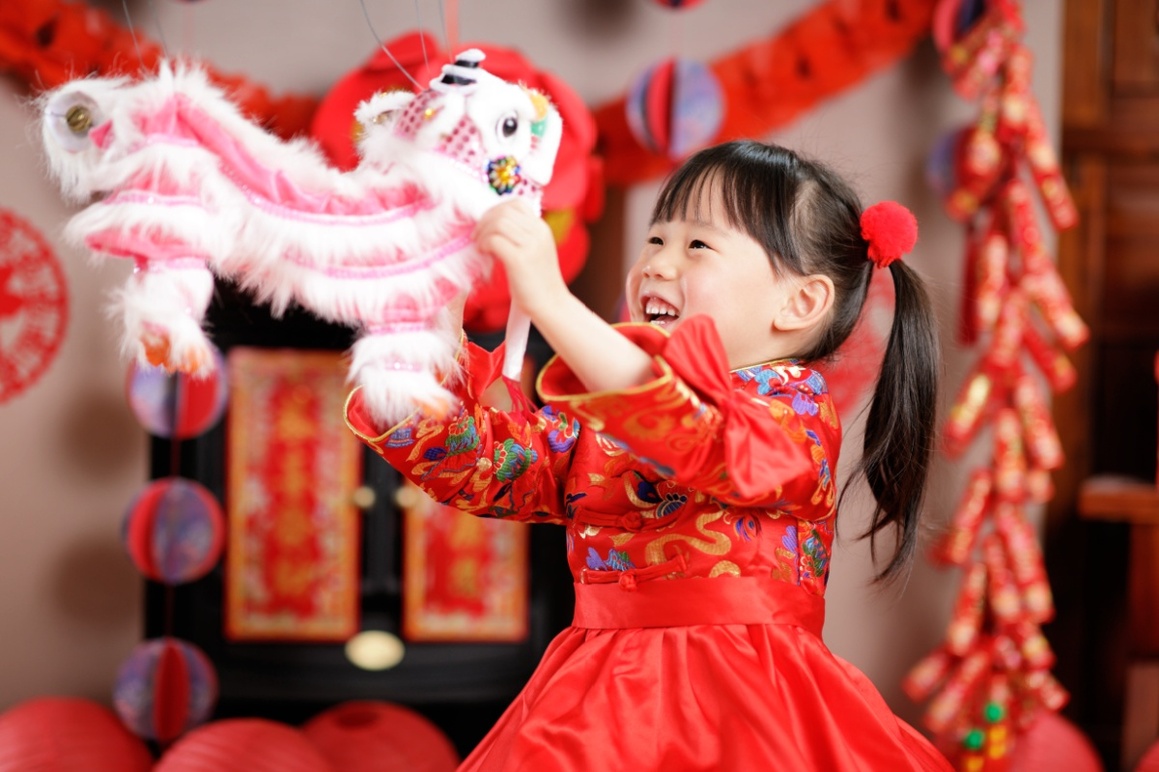Sweet Chili Dipping Sauce

Sweet Chili Dipping Sauce
A super delicious sweet and slightly hot chili dipping sauce for french fries, dumplings, pot stickers, and spring rolls, like our Kid-Invented Fresh Vegetable Spring Rolls!
Happy & Healthy Cooking,
Fun-Da-Mentals Kitchen Skills
- grate :
to reduce food, like a carrot, to very small shreds or pieces of the same size by rubbing it on a tool with an outside surface that has holes with cutting edges (a grater).
- mince :
to chop into teeny tiny pieces.
- peel :
to remove the skin or rind from something using your hands or a metal tool.
- simmer :
to cook a food gently, usually in a liquid, until softened.
- thicken :
to make a liquid mixture thicker by adding a thickening agent, like flour, cornstarch, or arrowroot powder, or by reducing the amount of liquid through boiling.
Equipment Checklist
- Medium skillet or saucepan
- Spoon (to peel ginger)
- Zester (or grater with small zesting plate/side)
- Cutting board
- Kid-safe knife
- Liquid measuring cup
- Dry measuring cups
- Measuring spoons
- Wooden spoon
- Small bowl
Ingredients
Sweet Chili Dipping Sauce
- 1 inch piece fresh ginger OR 1/4 tsp dried ginger
- 1 garlic clove
- 1/2 C rice vinegar
- 1/2 C water
- 1/3 C sugar
- 2 tsp ketchup
- optional: 1 teeny tiny pinch chili flakes (2 or 3 flakes at the most!) **(Omit for NIGHTSHADE ALLERGY)**
- 2 tsp cornstarch + 2 tsp cold water
Food Allergen Substitutions
Sweet Chili Dipping Sauce
- Nightshade: Omit optional chili flakes.
Instructions
Sweet Chili Dipping Sauce
peel + grate
Use the back of a plastic or metal spoon to carefully peel a 1 inch piece of ginger. Adults: Carefully use a zester or grater with a zesting side to grate the ginger (should give you about 1 tsp of grated ginger).
peel + smash + mince
Peel, smash, and mince 1 garlic clove.
stir + simmer
Add 1/2 cup vinegar and 1/2 cup water to a medium skillet or saucepan. Bring to a boil and stir in 1/3 cup sugar, 2 teaspoons ketchup, the grated ginger, minced garlic, and 2 to 3 red pepper flakes if using (any more than that and your chili sauce will be very spicy!). Simmer for 3 minutes.
scrumptious science
Cornstarch will thicken sauces when heated. What happens when liquid heats? Its molecules start moving around rapidly. You can see this when water boils. Cornstarch granules bump into and disrupt each other, allowing them to absorb liquid from their surroundings. When the cornstarch absorbs the liquid, it changes the structure of the sauce, thickening it.
stir + thicken
Stir 2 teaspoons of cornstarch into 2 teaspoons of water. Add the cornstarch slurry to the skillet and stir over low heat until the sauce thickens. Remove the sauce from the heat, pour it into a small bowl, and let cool. Serve with Kid-Invented Fresh Vegetable Spring Rolls!
History of Chili Sauce!

- The Aztecs in Mesoamerica may have been the first to create a spicy sauce made from chili peppers. European explorers returned to Europe with chili peppers, and eventually, the peppers made their way to Africa and Asia. Many of these countries now have their own variation of chili sauce.
- Chili sauce is made from chopped or puréed chilis. It may also include vinegar, sugar, salt, garlic, water, tomato, soybean paste, soy sauce, sesame oil, herbs, and other seasonings. Some sauces are sweet, and others can have varying levels of heat. They are used as dips, glazes, and marinades.
Let's Learn About China!

- China's official name is The People's Republic of China. It became a republic in 1912; however, the first Chinese dynasty appeared around 2100 BCE. China is one of the largest countries in the world, and it has the most people!
- The official language of China is Mandarin. However, various dialects are spoken in different regions of the country. For example, in Shanghai, they speak Shanghainese.
- China is around the same size as the continental United States but only has one official time zone. The continental US has four.
- China's capital city is Beijing, while the most populated city is Shanghai.
- The Great Wall in China is the largest man-made construction on Earth, stretching an incredible 5,500 miles. Its builders used mortar that included sticky rice to bind the Great Wall's stones!
- China's land is diverse, with high mountains, low coastal lands, deserts, and damp tropical areas. Just like the United States!
- The Chinese are known for their papermaking, porcelain, and silk cloth. In addition to paper, they also invented the compass during the Han dynasty (202 BCE to 220 CE), woodblock printing in the Tang dynasty (by 7th century), gunpowder in the Tang dynasty (9th century), and movable type made of porcelain (for printing) between 1039 and 1048 CE, during the Song dynasty.
- Chinese cuisine varies by region. Climate, local agriculture, ethnic and class backgrounds, and outside influences all contribute to China's food diversity. There are eight major regional Chinese cuisines: Anhui, Cantonese, Fujian, Hunan, Jiangsu, Shandong, Szechuan, and Zhejiang.
- Wheat is farmed in northern China, so noodles and other foods made from wheat are consumed more in the North. On the other hand, rice is cultivated in southern China; therefore, rice is a staple in the South.
- Tea has long been part of Chinese culture across all parts of society. China was the first country to grow and drink tea and, today, it exports the most green tea worldwide.
What's It Like to Be a Kid in China?
- School success is greatly emphasized in China. Chinese kids go to school five days a week (six days before 1995), and their school day runs from 7:30 or 8 am until 4 or 5 pm. After school, they might do homework for three hours.
- In primary school, kids learn the Chinese language, which is made up of about 7,000 characters, not letters. The characters represent words. By the time they finish primary school, they will have learned about 4,000 characters. They will also learn a foreign language, especially English.
- Kids may not have aunts, uncles, or cousins because, at one time, the Chinese government allowed couples to have just one child due to the high population. That later changed to two, and in May 2021, the policy changed again to allow three kids, so now a child may have a sibling or two.
- Some of the holidays that kids celebrate with their families are Chinese New Year, the Dragon Boat Festival, and National Day. National Day is celebrated with fireworks and parades to commemorate the formal proclamation of the People's Republic of China on October 1, 1949.
- Kids enjoy playing ping pong, basketball, volleyball, and badminton. They also play video games and ride their bikes.
- Rice and noodles are staples, and kids may eat these at every meal. They'll eat their food using chopsticks, not forks!




